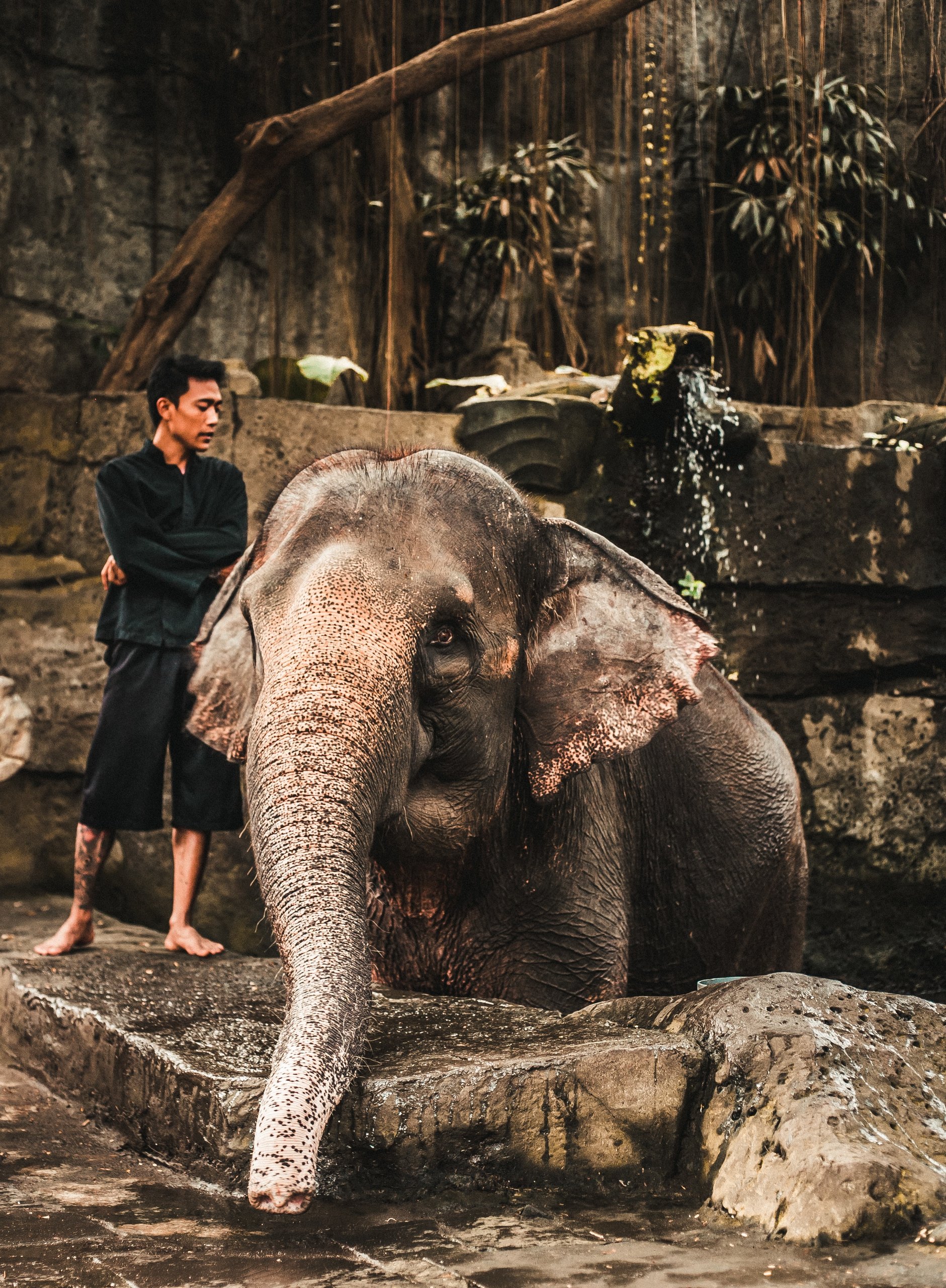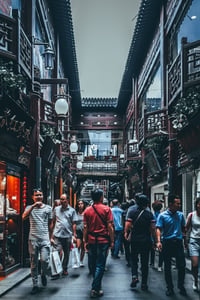Maesa has been decked out this year to give the camp a typical Songkran vibe. Among the decorations are paper lanterns made from recovered elephant dung and a sand pagoda. Maesa has a cool, shady vibe that’s perfect for escaping the heat this week (Northern Thailand is experiencing its hottest season).
Maesa’s elephants are expecting that tourists will gather to see them this Thai New Year after their experience during the Covid-19 epidemic. Maesa Elephant Camp, in the Mae Rim district of northern Thailand’s Chiang Mai Province, expects a huge number of visitors during the Songkran holiday. Travelers are invited to splash in the water with elephants at Chiang Mai’s Maesa Elephant Camp during the Songkran celebrations, which take place this week from April 13 to 16. The camp is open from 9 a.m. to 3 p.m. every day, and admission is free. Thailand’s entrance rules are being loosened gradually, such as the abolition of the pre-arrival PCR test, which is drawing a few more international visitors.
The elephants are prepared to cool down in the lake this Songkran vacation, with temperatures expected to reach 38 degrees Celsius ‘up north.’ The elephants’ mahouts — or minders/trainers — allow visitors to swim in the water with the elephants, take photos, and learn more about Thailand’s most-loved creatures at the 45-year-old camp. Tourists are urged to buy a basket of food to feed the camp’s elephants. The return of tourists will provide much-needed money to the camp, which has struggled financially since the outbreak of Covid-19. Due to a lack of tourists, the camp has been unable to provide a sufficient nutritious diet to its elephants, and 22 elephants have died in the camp in the last two years. The executive director of Maesa Elephant Camp, Anchalee Kalmaphicit, anticipates a big number of tourists visiting the camp this week. Maesa also wishes to celebrate Songkran in order to preserve northern Thailand’s unique cultural heritage.

Last Songkran, tourists visited the Chiang Mai elephant camp for free
More from ThailandMore posts in Thailand »
- Yakuza Echoes in Nonthaburi: The Sinister Tale of Ryosuke Kabashima’s Murder
- Supachai Phosu’s Fall from Grace: Illegal Land Claims on Thailand’s Dong Prathai Forest Exposed
- Phumtham Wechayachai’s Defiant Stand on Thailand’s Controversial 500-Billion-Baht Digital Wallet Scheme
- Ratchaphon Khiannok’s Dramatic Escape from Khon Kaen Court: A Desperate Leap for Freedom
- Ratchaphon Khiannok’s Daring Escape: The Thrilling Night Chase in Khon Kaen
- Bangkok’s Rama II Road Overhaul: PM Srettha Thavisin Hails Time-saving Traffic Solutions
- Kabashima Ryosuke’s Grisly Murder: Unraveling Nonthaburi’s Noir Thriller with Yakuza Ties
- Suriya Jungrungreangkit’s Key China Visit: Boosting Thai-Chinese Ties with Major Railway and Megaproject Talks
- Move Forward Party’s Fight for Survival: Pita Limjaroenrat and Chaithawat Tulathon Lead Legal Battles and Reform Ambitions in Thailand
- PTTEP’s Billion Baht Scandal: High Seas Drama and Corruption in Gulf of Thailand’s Gas Exploration
- Gen Prawit Wongsuwon’s Lavish Lifestyle: A Glimpse into the Fortune of Thailand’s Political Titan
- Rayong’s Environmental Catastrophe: Win Process Ltd’s Fire Sparks Community Outcry for Justice
More from TourismMore posts in Tourism »
- How to select a Trustworthy Visa Agency in Thailand
- 🌿 🇹🇭 Cannabis in Thailand: The Fight for Freedom Continues
- Interactive Platform Maps Out Thailand’s Thriving Cannabis Landscape
- The first Phuket Cannabis Cup – March 25th
- eSIMs – The Future of Mobile Connectivity for Traveling to Thailand
- Lunar surge may top 1.8 million traveler at airport
- Thailand will begin collecting 300 THB tourist fee in June.
- Thailand to Offer Free Covid-19 Tests and Vaccines to Visitors: Here’s How!
- After the outbreak, Thailand’s Tourism Authority will organize its first roadshow in China
- Koh Samui ferries get ready to receive returning Chinese visitors
- The first Full Moon Party of the year is held on a Thai island, attracting 20,000 tourists
- Thailand Reverses Decision, No Longer Requires Proof of Covid Vaccination for Foreign Visitors




























Be First to Comment